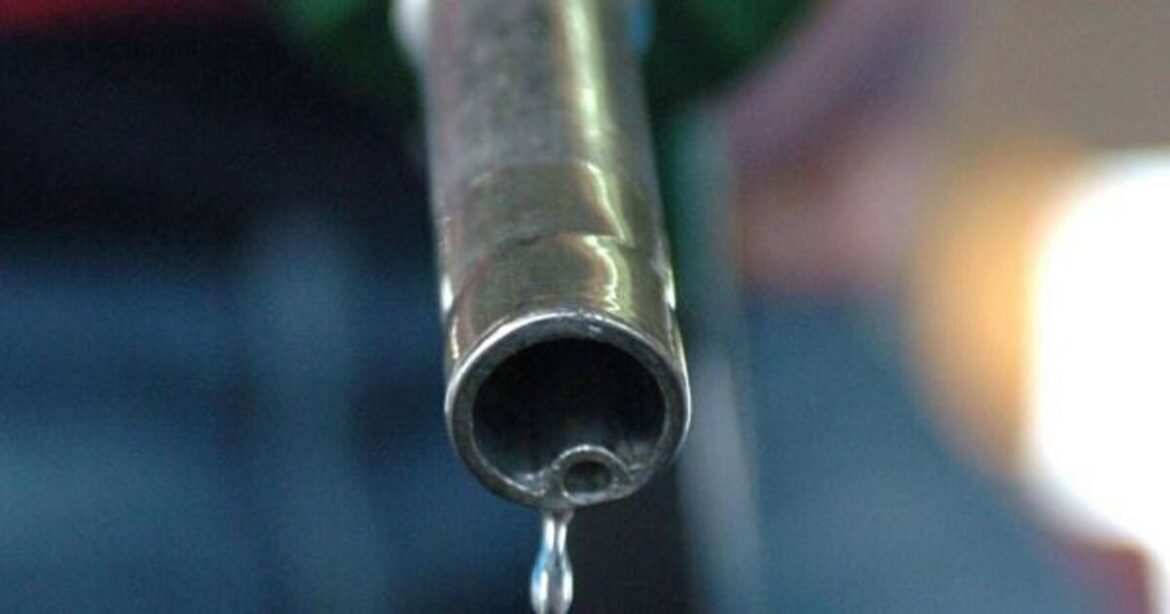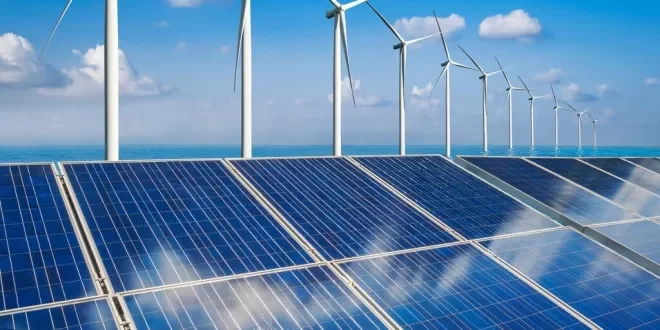Oil suppliers are increasingly suspending business with the Nigerian government due to escalating debts, which have reached as high as $6 billion.
Sources indicate that the Nigerian National Petroleum Corporation (NNPC) owes oil suppliers payments dating back to January, with debts originally reported at $4 billion now doubling.
A report by Reuters highlighted the significant debt the Nigerian government owes to oil suppliers, exacerbated by the NNPC’s struggle to manage the disparity between fixed domestic pump rates and the higher cost of petroleum on the global market.
This issue worsened following President Tinubu’s removal of fuel subsidies, which led to price caps and a weakening currency.
Despite the cap, subsidies have crept back, with government spending on subsidies estimated to reach around $3.7 billion.
According to oil dealers, the NNPC has yet to settle overdue payments of $4 billion to $5 billion for imports made in January, violating contractual obligations that require payment within ninety days of delivery.
“The only reason traders are tolerating the situation is the $250,000 monthly compensation per cargo for late payments,” one source revealed.
However, at least two suppliers have ceased participating in recent contracts after surpassing their debt exposure limits, halting further gasoline shipments until payments are made.
Nigeria’s oil sector has faced significant challenges in recent years, despite its vast reserves. Issues include illegal refineries, widespread oil theft, vandalism, and heavy reliance on fuel imports.
Additionally, earlier this week, marketers expressed concerns about the cost of petrol from the new Dangote refinery, which is expected to be higher than anticipated. The 650,000 barrel-per-day Dangote refinery, Nigeria’s first functional private refinery in years, was initially met with public optimism. However, marketers have warned that high production costs will prevent the refinery from selling petrol at lower prices, dashing hopes of market relief.
![]()




